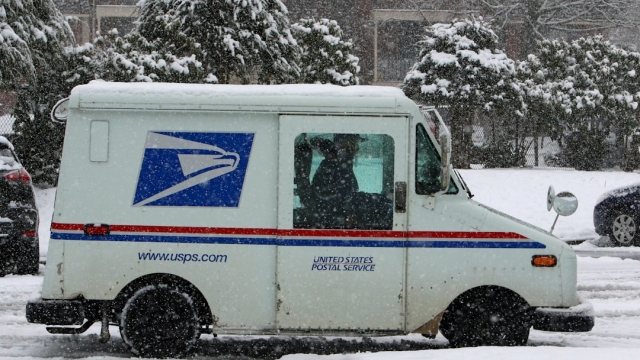
Bail Bonds: An Option for Non-Violent Offenders

The legal system can be daunting, especially for non-violent offenders facing charges. During the often stressful time leading up to their court appearance, many individuals find themselves navigating the complexities of bail bonds. These financial instruments serve as a vital link between accused individuals and the justice system, allowing them the freedom to prepare their defense outside of jail while ensuring their commitment to return for trial.
Bail bonds provide an opportunity for non-violent offenders to maintain their daily lives, continue working, and support their families. By securing a bail bond, individuals can avoid the potentially devastating impacts of incarceration, which can include job loss, strained relationships, and mental health challenges. This article explores the role of bail bonds in the legal process, particularly for those accused of non-violent offenses, and highlights the benefits and considerations involved in choosing this option.
Understanding Bail Bonds
Bail bonds serve as a financial guarantee that a defendant will appear in court after being released from custody. When a person is arrested, they may be given the option to pay bail, which is a set amount determined by the court. If they cannot afford the bail amount, they can seek assistance from a bail bondsman. The bondsman charges a fee, typically a percentage of the bail amount, to secure the defendant’s release.
The concept of bail bonds is particularly beneficial for non-violent offenders who may not pose a risk to society. By securing their release through a bail bond, they can maintain their job and family responsibilities while awaiting trial. This not only alleviates some of the stress associated with an arrest but also allows defendants to better prepare for their legal defense.
In exchange for providing bail, the bondsman takes on a financial risk, as they will be responsible for the full bail amount if the defendant fails to appear in court. This relationship creates an incentive for defendants to adhere to court dates and legal obligations. Understanding the mechanics of bail bonds can empower non-violent offenders to navigate the legal system more effectively while ensuring their rights are protected.
Traffic and Criminal Bail Bonds
The Process for Non-Violent Offenders
For non-violent offenders, the process of obtaining a bail bond typically begins after the arrest and booking procedure. Once a judge sets a bail amount during the arraignment, the individual can explore options for securing their release. It is crucial for non-violent offenders to understand the bail amount, as this determines the financial commitment necessary to secure a bail bond.
Non-violent offenders often find the process manageable, as bail bondsmen are willing to work closely with them. People in this category may have a higher chance of being approved for a bond since their offenses do not pose a safety threat to the community. The offender or their family can contact a bail bond service to initiate the process, providing necessary details such as the location of the arrest and the specific charges faced.
Once an agreement is made with a bail bondsman, the next steps involve completing paperwork and paying a fee, which is usually a percentage of the total bail amount. After these arrangements are finalized, the bondsman will pay the bail amount to the court on behalf of the offender. This allows the individual to be released while awaiting trial, ensuring that they can prepare their defense and maintain their daily lives during the legal process.
Benefits and Challenges of Bail Bonds
Bail bonds offer several advantages, particularly for non-violent offenders. One of the primary benefits is that it allows individuals to secure their release from custody while awaiting trial, enabling them to maintain their employment, support their families, and prepare their defense more effectively. This access to pre-trial freedom can significantly alleviate the stress associated with incarceration and help prevent disruptions in their lives.
However, there are also challenges associated with bail bonds. The cost can be prohibitive, as bail bondsmen typically charge a percentage of the total bail amount as their fee, which is non-refundable even if the case is resolved favorably. Additionally, the process can lead individuals into a cycle of debt, especially if they are unable to meet the financial requirements or if they have multiple legal issues.
Moreover, the reliance on bail bonds can perpetuate inequalities within the justice system. Those with limited financial resources may struggle to secure a bond, resulting in prolonged detention while awaiting trial. This can disproportionately affect low-income individuals and contribute to a greater burden on the already strained criminal justice system, highlighting the need for reforms to address these disparities.



